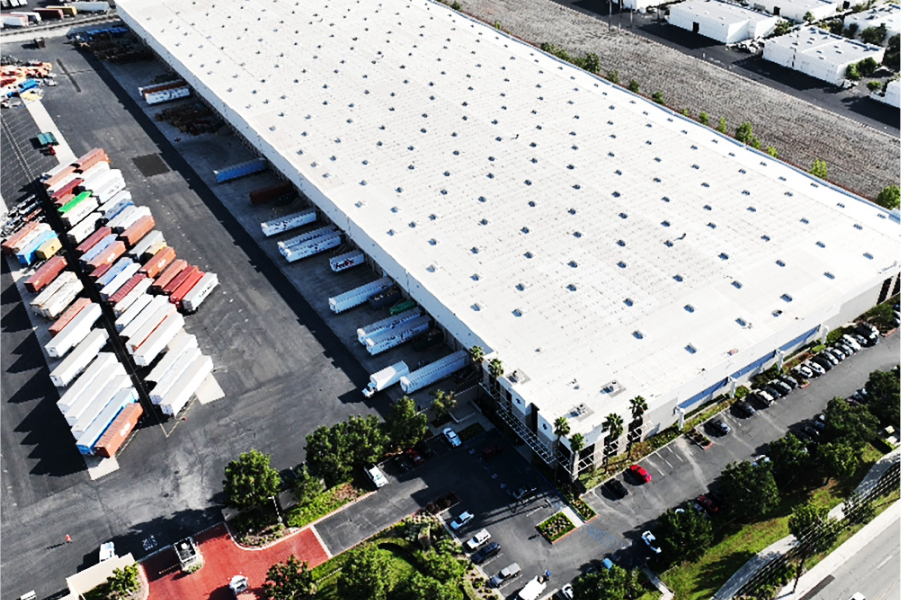Fulfillment and warehouse management are two distinct but closely related aspects of supply chain operations, each serving different functions and objectives. Ryder offers both fulfillment and warehouse management.
Fulfillment primarily involves the processes of receiving, processing, and shipping customer orders. It encompasses activities such as order picking, packing, labeling, and shipping, with the goal of ensuring that orders are accurately fulfilled and delivered to customers in a timely manner. Fulfillment operations are focused on meeting customer demand and delivering a positive customer experience, often involving tasks such as order tracking, inventory allocation, and coordination with carriers for delivery.
On the other hand, warehouse management is primarily concerned with the efficient operation and optimization of warehouse facilities and resources. It involves activities such as inventory management, space utilization, layout design, and workforce management, with the goal of maximizing warehouse efficiency and productivity. Warehouse management encompasses tasks such as inventory tracking, stock replenishment, cycle counting, and warehouse organization to ensure that goods are stored, handled, and retrieved effectively within the warehouse.
One key difference between fulfillment and warehouse management lies in their scope and focus. Fulfillment is more customer-centric and externally focused, focusing on meeting customer orders and delivering products to customers. In contrast, warehouse management is more internally focused, concentrating on optimizing warehouse operations and resources to support fulfillment activities effectively.
Another difference lies in their respective objectives and priorities. Fulfillment is primarily concerned with order accuracy, timeliness, and customer satisfaction, aiming to fulfill customer orders quickly and accurately to meet customer expectations. Warehouse management, on the other hand, is focused on maximizing warehouse efficiency, reducing operating costs, and optimizing inventory levels to support fulfillment operations while minimizing waste and inefficiencies within the warehouse.
Additionally, while fulfillment and warehouse management are closely intertwined, they involve different sets of processes, technologies, and skill sets. Fulfillment operations often require specialized order management systems, picking and packing technologies, and logistics capabilities to manage the flow of goods from the warehouse to the customer. Warehouse management, on the other hand, involves the use of warehouse management systems (WMS), barcode scanning technologies, and material handling equipment to optimize warehouse operations and manage inventory effectively.












